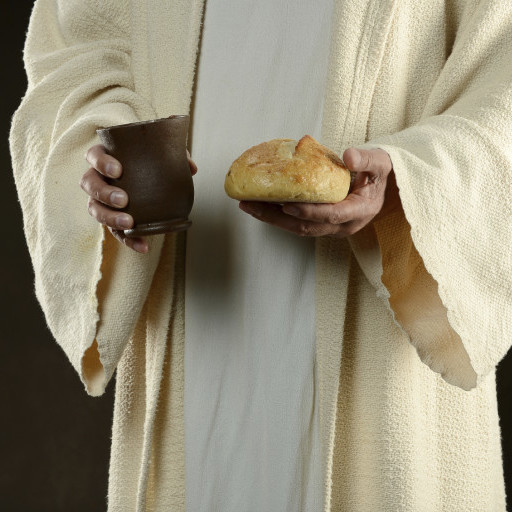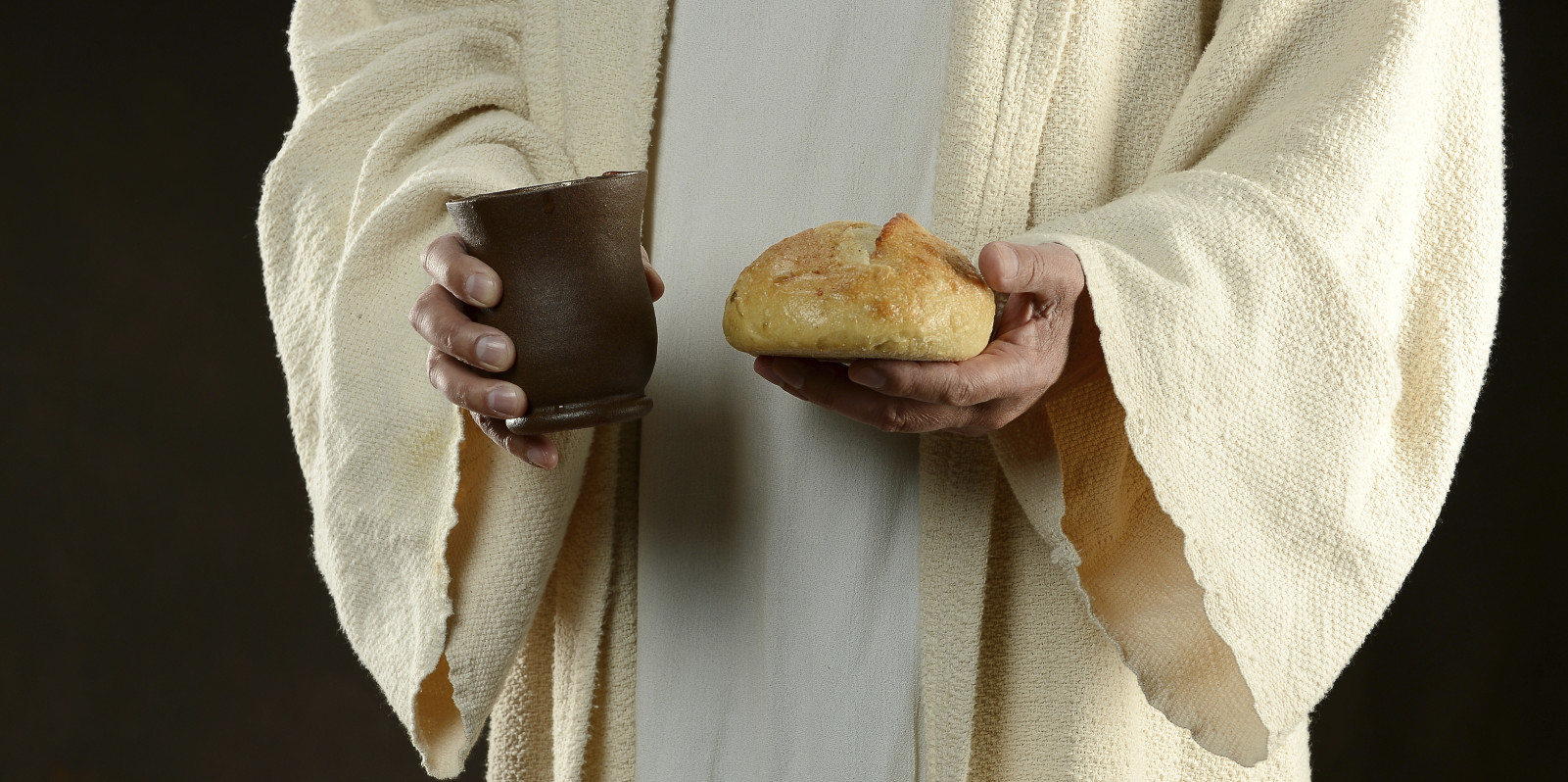Give us this day our daily bread
This Day
The words “this day” evoke the Garden of Eden story where Adam and Eve were told that they could “freely eat” of the fruit of every tree[i] without thought or labor except the one tree that caused their fall. After the fall they could only eat by time consuming labor, the sweat of their brows. Food was no longer immediately available today or “this day”.
Enoch created a society without poor or hungry present among the people. Certainly, they had bread and food without extortion and slavery, without any slaves being kept hungry for that way they were easier to control.[ii]
Abraham was given the Lord’s Supper by Melchizedek who gave him bread and wine without his labor, representing the covenant to be obedient to God all the days of his life.[iii]
Moses led the Israelites through the wilderness of Sinai, and they were fed daily except Sundays by the Lord with manna from heaven, “daily bread”.[iv]
Joshua was sent as a spy by Moses into the promised land and came back to report the land was flowing with milk and honey. This was to be the daily bread for the wandering tribes, but they rejected it out of fear of the giants in the land and were cursed with 40 more years of wandering in the wilderness.[v]
Elijah’s life was threatened by the king during a famine, so he hid and received his daily bread in the form of meat from ravens sent by God to feed him and keep him alive.[vi]
Ezekiel’s vision of the temple with the water flowing from it with trees being watered to feed Israel every month is another example of God freely feeding His people.[vii]
Continuing God’s desire to give bread this day freely, Jesus feed the 5000 and 4000 miraculously by multiplying the few bread and fishes that were brought.[viii]
Then at the Last Supper, Jesus fed the twelve bread and wine in similitude of his body and blood offered freely for their sins and salvation.[ix]
“This day” also symbolizes the bread and wine (Lord’s supper symbolism) given at the marriage supper of the Lamb of God at the end of time in Revelations.[x]
In all these offerings of free bread, and the emphasis on “this day” there is an underlying covenant or choice to be made. Joshua sums it up precisely in his famous words:
“And if it seem evil unto you to serve the Lord, choose you this day whom ye will serve; whether the gods which your fathers served that were on the other side of the flood, or the gods of the Amorites, in whose land ye dwell: but as for me and my house, we will serve the Lord.”[xi]
Alma not only quotes Joshua’s choice above[xii], but goes on to say:
“And now, as I said unto you before, as ye have had so many witnesses, therefore, I beseech of you that ye do not procrastinate the day of your repentance until the end; for after this day of life, which is given us to prepare for eternity, behold, if we do not improve our time while in this life, then cometh the night of darkness wherein there can be no labor performed. Ye cannot say, when ye are brought to that awful crisis, that I will repent, that I will return to my God. Nay, ye cannot say this; for that same spirit which doth possess your bodies at the time that ye go out of this life, that same spirit will have power to possess your body in that eternal world.”[xiii]
We are given the bread of life freely, the sacrifice of the Only Begotten Son of the Father, and the choice is ours whether to partake or not, whether to follow Christ or not, and whether to keep his commandments or not. Because of the suffering, death and resurrection of Jesus Christ our moral agency is given to us without force or effort on our part. Our lifetime of labor begins after we make a free choice, willingly and wholly with our whole souls to follow Him always.
[i] Genesis 2:16 KJV
[ii] Moses 7:18
[iii] Genesis 1:17-24, Hebrews 7:1-10
[iv] Exodus 16:2-31
[v] Numbers 13:27-2, 14:6-9
[vi] 1 Kings 17:6 KJV
[vii] Ezekiel 47:12
[viii] John 6:1-14, Matthew 15:29-39
[ix] Matthew 26:17–29
[x] Revelation 19:6-10
[xi] Joshua 24:15 KJV
[xii] this choice is quoted by Alma, the Book of Mormon prophet, to emphasize to an atheist that we are free to choose to follow God or not: Alma 30:7-9
[xiii] Alma 34:33-34

